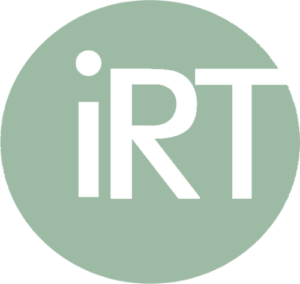PRIME for Life (PFL) is a motivational intervention for adults, and has been used primarily among court-referred impaired driving offenders. Trained instructors use multimedia, guided instruction, and motivational interviewing techniques to increase participant motivation to change their perceptions of the risks of drug and alcohol use. The overall goals are to reduce risk of alcoholism or addiction, reduce intention to use substances, and reduce substance use-related crimes or delinquency.
Creating Lasting Family Connections
Creating Lasting Family Connections (CLFC) is a substance use prevention program that can be used in school or community settings. It is designed for youth ages 9 to 17 and their families, who complete six modules of curriculum over 18-20 weekly sessions. Trainers cover topics such as ATOD education/awareness, communication and conflict resolution skills, coping mechanisms to resist negative social influences, encouraging use of community services, and delaying the onset and reducing the frequency of alcohol and other drug use among youth. Participants may be referred to community services as appropriate. The overall goal is to increase family use of community services, change knowledge and beliefs about alcohol and drug use, and promote abstinence.
Healthy Workplace
Healthy workplace is a workplace-based substance abuse prevention program designed for adults who are not substance-dependent. Small group sessions with video and print materials cover topics such as unsafe drinking, illegal drug use, prescription drug use, and healthy lifestyle practices. The overall goal is for employees to increase healthy lifestyle behaviors while reducing or eliminating substance use.
Keep a Clear Mind
Keep a Clear Mind (KACM) is a take-home drug education program for youth ages 9 to 11 and their parents. The four lessons are: alcohol, tobacco, marijuana, and tools to avoid drug use. Children receive incentives for completion of the lessons and parents receive support and resources through a newsletter and a program facilitator. The overall goal is to help children develop specific skills to refuse and avoid use of “gateway” drugs.
Brief Marijuana Dependence Counseling
Brief Marijuana Dependence Counseling (BMDC) is a therapeutic treatment approach designed for adults with a diagnosis of cannabis dependence. BMDC is implemented by social workers, counselors, or psychologists as a 9-session multicomponent therapy that includes elements of motivational enhancement therapy (MET), cognitive behavioral therapy (CBT), and case management. The overall goal is abstinence from marijuana.
Cocaine-Specific Coping Skills Training
Cocaine-Specific Coping Skills Training (CST) is a therapeutic treatment approach designed for adult cocaine users. Participants work with a trained psychologist individually or in a group, learning skills and behaviors to reduce and avoid drug use. CST is delivered in up to eight 45-minute sessions three to five times a week. The overall goal is abstinence from cocaine and alcohol.
